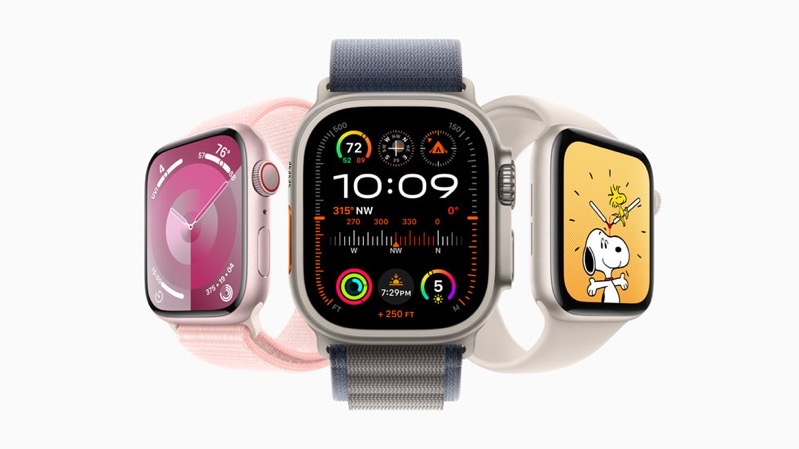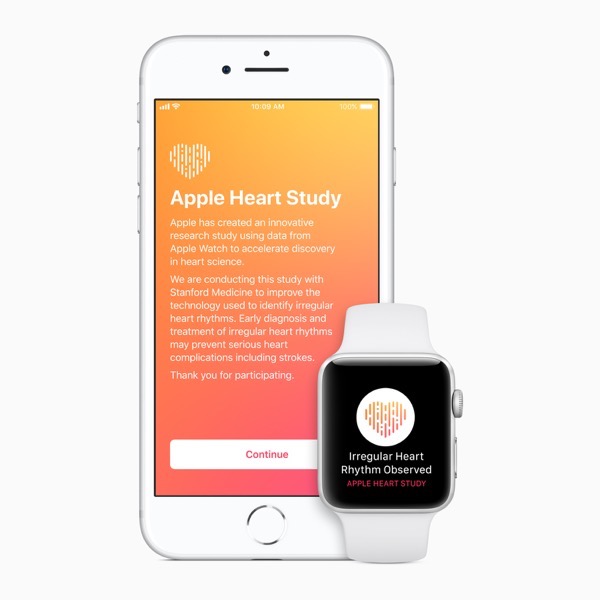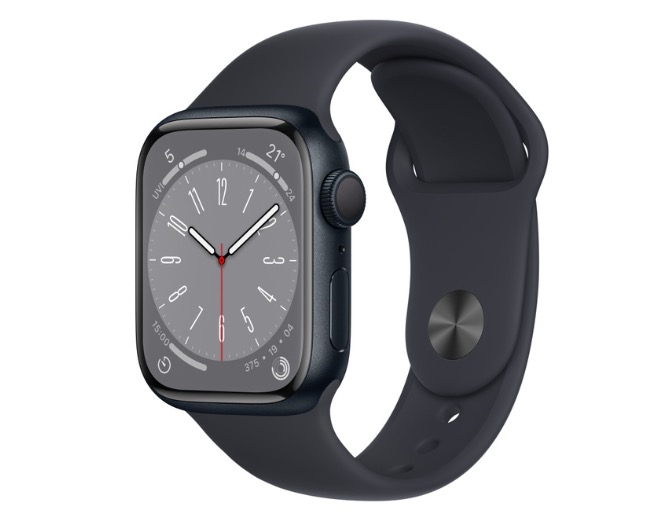
Stanford Medicine Releases Record Apple Heart Study with 400,000 Participants

Apple and Stanford Medicine today have announced the results of the latter’s Apple Heart Study, which is “the largest study ever of its kind, which enrolled over 400,000 participants from all 50 states in a span of only eight months.”
The study’s purpose was to look at the irregular rhythm notification feature of the Apple Watch, which checks continuously in the background for irregular heart rhythms, which could hint at atrial fibrillation (AFib):
As part of the study, if an irregular heart rhythm was identified, participants received a notification on their Apple Watch and iPhone, a telehealth consultation with a doctor and an electrocardiogram (ECG) patch for additional monitoring.
“We are proud to work with Stanford Medicine as they conduct this important research and look forward to learning more about the impact of Apple Watch alongside the medical community,” said Jeff Williams, Apple’s COO, in a statement. “We hope consumers will continue to gain useful and actionable information about their heart health through Apple Watch.”
The results were released today by Stanford Medicine researchers at the American College of Cardiology’s 68th Annual Scientific Session and Expo. Some key findings:
- Comparisons between irregular pulse-detection on Apple Watch and simultaneous electrocardiography patch recordings showed the pulse detection algorithm (indicating a positive tachogram reading) has a 71 percent positive predictive value. Eighty-four percent of the time, participants who received irregular pulse notifications were found to be in atrial fibrillation at the time of the notification.
- One-third (34 percent) of the participants who received irregular pulse notifications and followed up by using an ECG patch over a week later were found to have atrial fibrillation. Since atrial fibrillation is an intermittent condition, it’s not surprising for it to go undetected in subsequent ECG patch monitoring.
From over 400,000 participants, results showed 0.5% received an irregular heart rhythm notification. The study says nearly 57% sought medical advice from doctors after getting notified. Apple says this Watch feature saves “unnecessary burden” to a doctor’s schedule.
Sumbul Desai, MD, Apple’s vice president of Health said “Seeing medical research reflect what we’re hearing from consumers is positive and we’re excited to see Apple Watch helping even more consumers in the future while collaborating with the medical community to further research.”
Apple Watch Series 4 can perform an EKG, however, the feature is not available in Canada yet.
